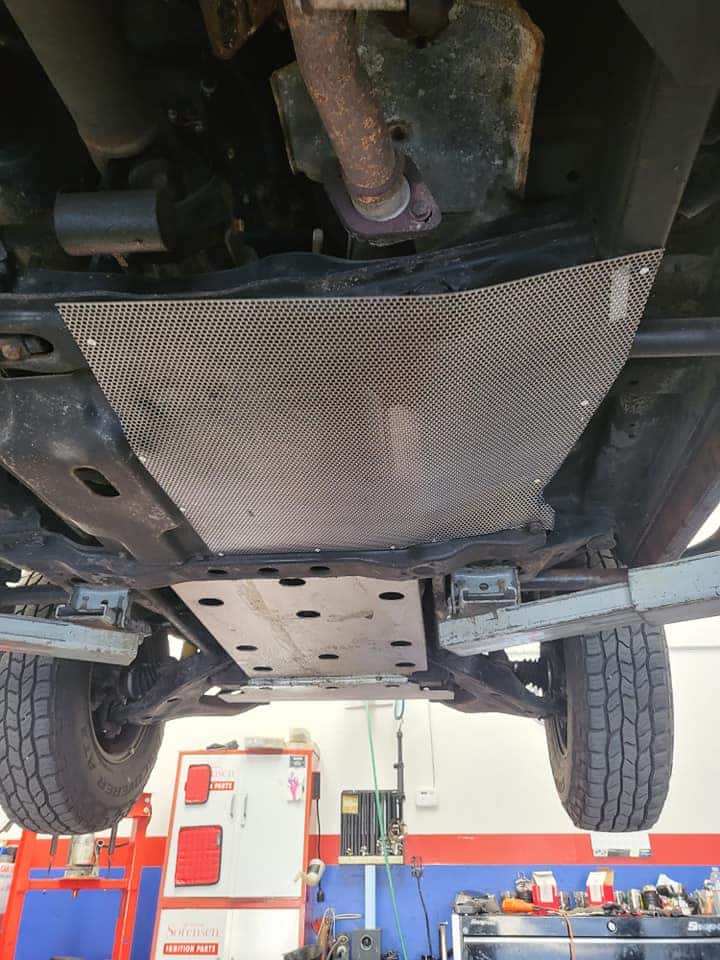Imagine this: You're behind the wheel of your trusty vehicle, cruising down a picturesque Sonoma County road. Suddenly, your engine starts making noises it shouldn't. You pull over, lift the hood, and find your engine oil looking like a sludge milkshake. This, folks, is a classic case of improper oil viscosity and it's a car owner's nightmare.
What is Oil Viscosity and Why It Matters?
Oil viscosity, in layman's terms, is simply how thick or thin the oil is. It's a measure of the oil's resistance to flow or, for the gearheads out there, its shear stress. It's like comparing maple syrup to water; the former is more viscous than the latter.
But why does this matter for your car's performance? Well, the viscosity of your engine oil directly affects its ability to flow smoothly through your engine. If the oil is too thin, it won't provide enough lubrication and your engine parts may wear out faster. Too thick, and it won't flow properly, potentially causing damage.
Understanding Oil Viscosity Ratings
Ever noticed those numbers and letters on a bottle of engine oil, like 5W-30? That's the viscosity rating. The first number, followed by ‘W' (which stands for winter), indicates the oil's viscosity at cold temperatures. The lower the number, the thinner the oil is at colder temps, which is vital for cold starts.
The second number gives you the oil's viscosity at 100°C (around 212°F), which is near the operating temperature for most engines. So, in a 5W-30 oil, it flows like a 5-weight oil when it's cold and like a 30-weight oil when it's hot. It's the best of both worlds, providing optimal protection in a range of conditions.
Choosing the Right Oil Viscosity for Your Vehicle
The correct oil viscosity for your vehicle will depend on its make, model, and age, as well as the local climate. Your vehicle's manual will generally provide a recommended oil viscosity.
For example, many modern cars recommend 5W-30 oil, which offers a good balance between flow and protection in various conditions. However, if you live in a colder region, a 0W-20 oil might be better suited as it flows more easily at low temperatures.
The Effects of Wrong Oil Viscosity
So, what happens if you use the wrong viscosity oil? Well, it could lead to a whole host of issues. Using oil that's too thin can result in increased oil consumption, reduced engine protection, and potentially even engine damage. On the other hand, oil that's too thick can lead to poor oil flow, decreased fuel efficiency, and increased engine wear.
While you can change your oil viscosity based on seasons or specific driving conditions, it's generally best to stick with the manufacturer's recommendations unless you're certain a different oil would benefit your vehicle.
Just like that picturesque drive in Sonoma County, the journey of your engine's oil is a critical one. The right viscosity ensures that journey is smooth, efficient, and free of unnecessary wear and tear. And if that journey becomes a little too treacherous, you know who to turn to. After all, we're not just all about sartorial elegance at our auto repair shop. We also understand oil viscosity and its role in your car's performance like the back of our hands. Schedule an appointment with us today to keep your car performing at its best.












